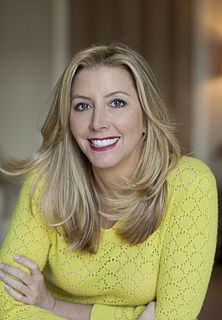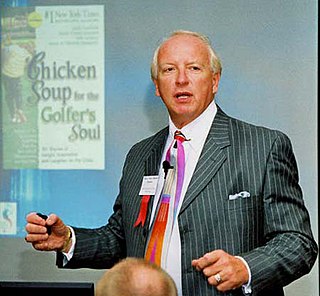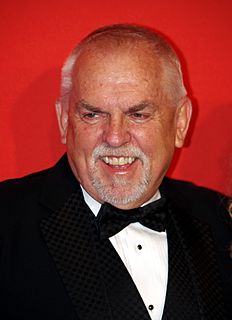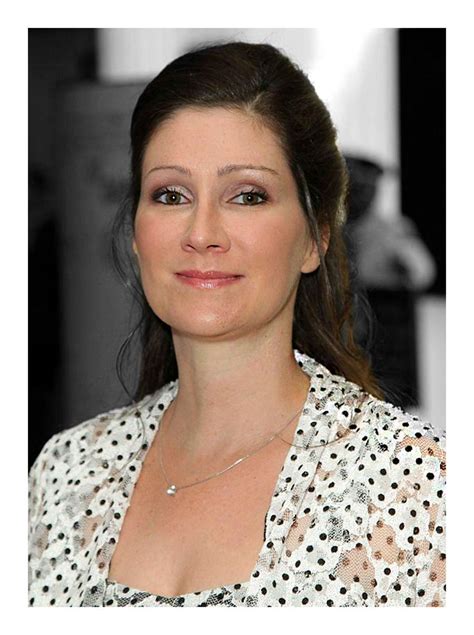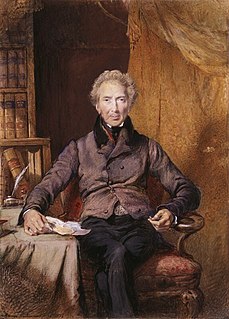A Quote by Sara Blakely
Don't let what you don't know scare you, because it can become your greatest asset. And if you do things without knowing how they have always been done, you're guaranteed to do them differently.
Related Quotes
This is what I would say to my pupil: 'You have become only your fame and left behind most of who you were. How are you going to deal with that? Will you lose that person forever? Have you become someone else without really knowing it? Do you always have to stay in character for people to like you? Do you know that you are in character?'.
Anything that we know how we do, machines will do better. Now, the key element of this phrase is, "We know how we do it." Because we do many things without knowing exactly how we do them. So this is the area where machines are vulnerable, because it still has to learn from some kind of experience. It needs something - at least the rules of the game. You have to bring in something that will help the machine to start learning. It's like square one. If there's nothing there, if you can't explain it, that's a problem.
The Work reveals that what you think shouldn't have happened should have happened. It should happened because it did, and no thinking in the world can change it. This doesn't mean that you condone it or approve of it. It just means that you can see things without resistance and without the confusion of your inner struggle. No one wants their children to get sick, no one wants to be in a car accident; but when these things happen, how can it be helpful to mentally argue with them? We know better than to do that, yet we do it, because we don't know how to stop.
Get to know yourself. Know your own failings, passions, and prejudices so you can separate them from what you see. Know also when you actually have thought through to the nature of the thing with which you are dealing and when you are not thinking at all... Knowing yourself and knowing the facts, you can judge whether you can change the situation so it is more to your liking. If you cannot--or if you do not know how to improve on things--then discipline yourself to the adjustments that will be necessary.
All over the US, there is a need to teach young people to, really, get them out in the backyard, building treehouses, fixing bicycles, because you become a better, more well-rounded, Renaissance personality if you actually know how to do things with your hands. If you can fix the screen door or replace your old garbage disposal, even change the tire on a car, a lot of people don't even know how to do that. We're literally running out of people who know how to do those things, the essential things like plumbing, carpentry, stone masonry, we're literally running out of them.
We have to fight them daily, like fleas, those many small worries about the morrow, for they sap our energies. We make mental provisions for the days to come, and everything turns out differently, quite differently. Sufficient unto the day. The things that have to be done must be done, and for the rest we must not allow ourselves to become infested with thousands of petty fears and worries.
Sometimes when you get older — and I’m not talking about you, I’m talking generally, because everyone ages differently — things you think on and wish on start to seem real. And then you believe them, and before you know it they’re part of your history, and if someone challenges you on them and says they’re not true — why, then you get offended because you can’t remember the first part. All you know is that you’ve been called a liar.
So how do we solve this ancient problem? How can we not just tolerate someone who believes differently than we do, but actually respect them for those beliefs? Because nothing less than that will do. It can?t. Simply tolerating someone who believes differently than we do isn?t enough. ?Accepting? them isn?t enough. Having true and abiding peace with them means loving them. And that means respecting them. Because love without respect isn?t real love at all. It?s at best condescending patronization.
I can't really write anything without knowing the ending. I don't know how people do that. Even with my superhero stuff, I have to know at least where I want to take the characters and what the ending of my story with them will be. I just can't structure stories or character arcs and stuff without knowing the endpoint.
